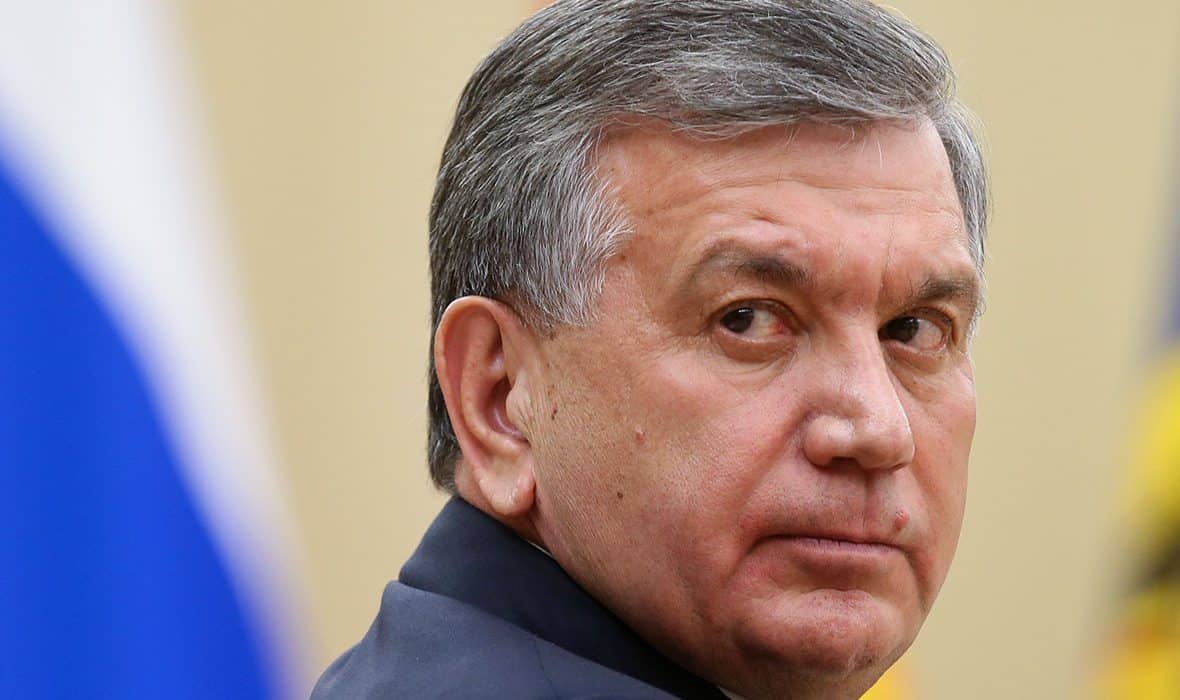The Supreme Court of Uzbekistan ruled to rehabilitate 120 people who became victims of the Bolshevik terror in the 1920s and 1930s. The first act of rehabilitation of the repressed was committed in August last year on the eve of Independence Day. Then six criminal cases were considered on the acquittal of 115 people.
Some of the personalities on the August list raised online debate. Users noted the equivocation of assessments of the Basmachi movement in Turkestan. After the second act, there was no unanimity either. This time, no one began to argue about the criminal decisions of the Stalinist regime, but direct parallels were drawn between the decisions of the courts of Soviet and present-day Uzbekistan.
The well-known public figure Aziza Umarova notes that the honest names of the victims of repression, who selflessly fought for independence and sacrificed their lives, will remain in the memory of people. She thanked the President for his attention to issues of historical justice.
The administrator of online group “Tashkent-Snos” [“Tashkent-Demolition”], Farida Sharif, in her commentary on the blogger’s post, wrote about a coincidence: the process of rehabilitation of a group of repressed in the 30s took place in the Supreme Court simultaneously with the meeting on the eviction of Olga Abdullaeva from her own house, to which Ms. Umarova was so invited.
Farida writes that the hearing was delayed by almost an hour and a half.
“We went into the hall of the rehabilitation process,” writes Farida. “There was a lot of press there. We invited journalists to come to our trial and film modern repression, how people are being taken away from their homes, but the journalists refused.”
She added that “in a hundred years, they would probably admit that during the years of Mirziyoyev’s rule, ordinary people were subjected to repression by the rich and successful people.”
Deputy Prosecutor General Svetlana Artykova was present at the politically significant rehabilitation process. Abdullaeva wrote her a complaint asking her to consider violations of the law on the demolition of her house. The Prosecutor answered verbally that “pregnancy is the natural state of a woman, so she can be evicted by force … And even in winter, because winter is a natural state of nature.”
The political emigrant Bakhodyr Namazov asked Umarova some questions, which remained unanswered: “Isn’t it better to justify the thousands of innocent convicts who have passed many years in the camps of the Karimov regime? The justification of those who disagreed and fought against the Soviet regime is established by persons who faithfully served this power, who became the leaders of the party bodies. Isn’t it strange?”
As ACCA previously wrote, human rights activists note the urgency of the unresolved problem of torture and the rehabilitation of illegally convicted persons in today’s Uzbekistan.







Leave feedback about this